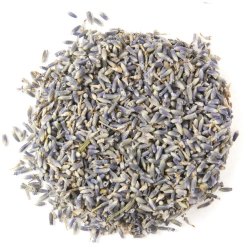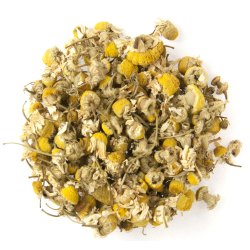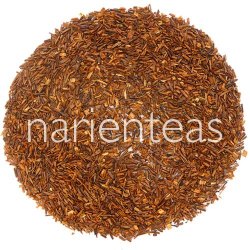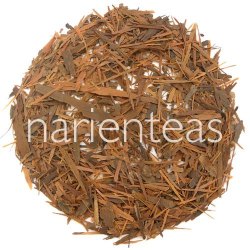- Brewing & Distilling
- Caffeine Free
- Culinary
- Fair Trade
- Medicinal
- Organic
- Sprouting Seeds
- Tisane
- Viable Seeds
- Wildcrafted
Free Shipping $69+
Presidents' Day Discount 25%
Hibiscus
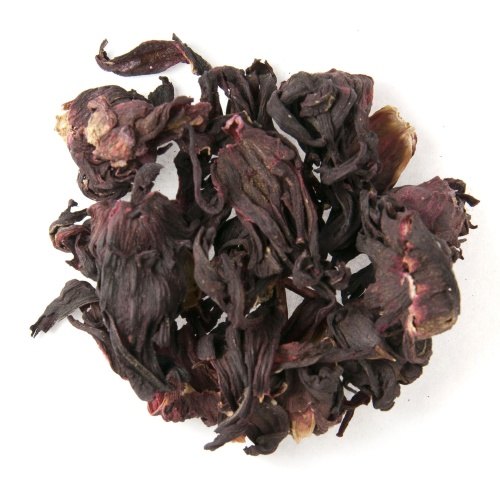
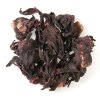

Organic Fair Trade Bulk Hibiscus Flower Tea grown in the Nile Delta Region of Egypt. Naturally caffeine free.
Steeps into a bright red herbal infusion that delivers a tart vitamin-c rich tea.
Hibiscus flowers are planted in sweeping plots that line the Nile, their roots benefitting from the rich soil deposited by the nile river over the millennia. Once harvested, the flowers are sun dried and transported to the markets of Cairo, where they are packed and marketed for export.
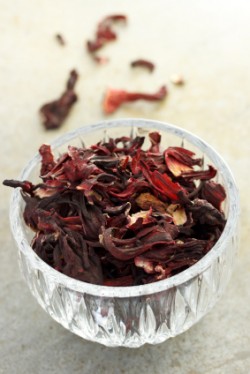
Hibiscus plants are native to warm-temperate, tropical and subtropical locations around the world. The tea made from hibiscus flowers is known by many names in many countries and is typically served both hot and cold. The beverage is well known for its color, tanginess and flavor.
Hibiscus tea is also known as:
- Roselle or rosella (Australia)
- Agua de Jamaica and/or flor de Jamaica (Latin America)
- Arhul ka phool (India)
- Karkadé (Levant, Egypt, Sudan, Italy, Russia)
- Chai Kujarat (Iraq)
- Chai Torsh (Iran)
- Gumamela (Philippines)
- Bissap, tsoborodo or wonjo (West Africa)
- Sorrel (Jamaica, Barbados, Trinidad, Tobago)
- Red sorrel (Caribbean)
Hibiscus Tea Benefits
- Recommended By Dr. OZ
- Reduces High Blood Pressure
- Contains vitamin C
Doctor Oz Recomended
"Drinking 3 cups of hibiscus tea has been shown to help lower blood pressure."
Hibiscus tea is popular as a natural diuretic; it contains vitamin C and minerals, and is used traditionally as a mild medicine.
Hibiscus tea contains 15-30% organic acids, including citric acid, malic acid, and tartaric acid. It also contains acidic polysaccharides and flavonoid glycosides, such as cyanidin and delphinidin, which give it its characteristic deep red colour.
A USDA conducted in 2008 shows consuming hibiscus tea lowers blood pressure in a group of prehypertensive and mildly hypertensive adults.
Three cups of tea daily resulted in an average drop of 8.1 mmHg in their systolic blood pressure, compared to a 1.3 mmHg drop in the volunteers who drank the placebo beverage.
Study participants with higher blood pressure readings (129 or above) had a greater response to hibiscus tea: their systolic blood pressure went down by 13.2 mmHg.
Recommended
These statements have not been evaluated by the Food and Drug Administration. This product is not intended to diagnose, treat, cure, or prevent any disease.
